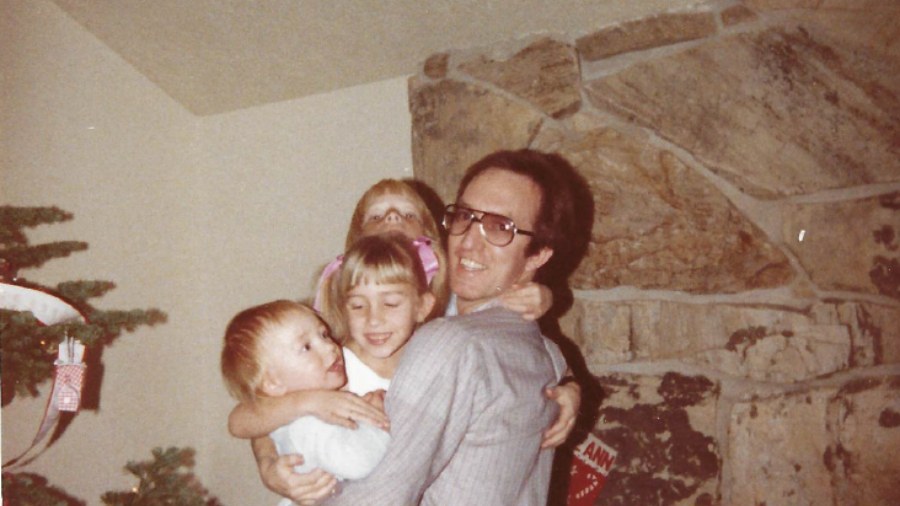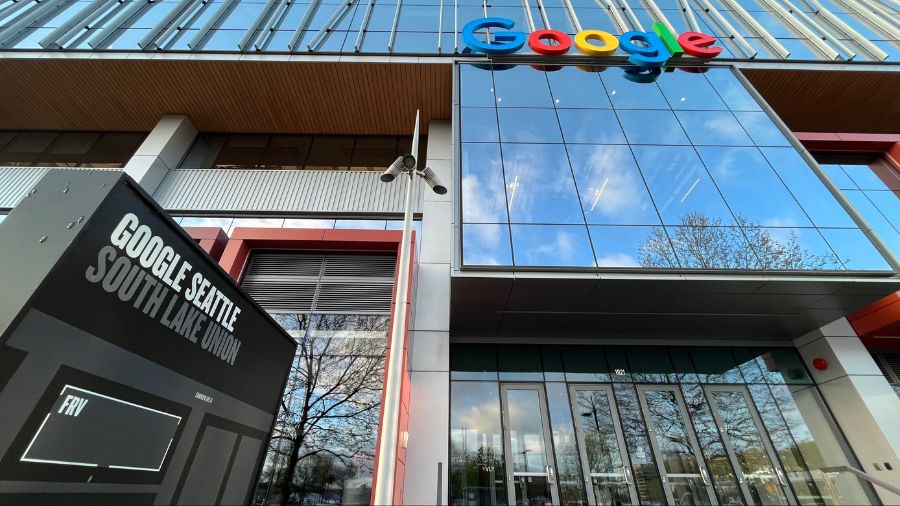‘It’s just easy to blame minimum wage’ when Seattle businesses close
Jul 30, 2015, 3:57 PM | Updated: Jul 31, 2015, 5:30 am

A local pizzeria want to city to do something about the Seattle methadone clinic nearby. (AP)
(AP)
It seemed like minimum wage was going to spell doom for some restaurants on Capitol Hill after Z Pizza closed its doors for the last time.
Owner Ritu Shah Burnham told KIRO Radio’s Dori Monson in May that the profit the pizzeria was finally making after an undisclosed amount of time, was going to get sucked up in the black hole of Seattle’s minimum wage law.
“I can’t continue to struggle and work as hard as I do and not get any return,” Burnham told Dori.
Z Pizza did close. Ironically, what is replacing it is another pizzeria.
Ian’s Pizza on the Hill is scheduled to open later this year in the exact same place as Z Pizza at 1620 Broadway.
It’s a perfect example of the scare tactics people against the wage increase use and how the closing of one business can create a “media storm,” Working Washington spokesperson Sage Wilson said. Working Washington is one of the leading forces behind increasing minimum wages in cities in Washington.
“It’s just easy to blame minimum wage,” he added.
The city’s minimum wage law went into effect on April 1. Businesses with more than 500 employees, including franchise businesses that may only have a handful of local workers, have three years to raise their wages to $15 — unless they are providing health insurance, in which case they have four years. Smaller businesses have seven years to increase their wages.
Franchise owners have argued their businesses should not be lumped in with large employers.
Though he isn’t about to pretend like he knows how to run a pizzeria, Wilson said not long before the Capitol Hill Z Pizza closed, other branches of the franchise restaurant closed outside of Washington.
“Individual stores or restaurants opening or closing is not proof of anything,” Wilson said.
Burnham might argue that. The owner of the franchise restaurant said by January 2016, she would begin losing money unless the business saw a 20 percent increase in profit. The business began breaking even in 2014, she said.
But if a pizzeria can open up in the exact same location as another that allegedly fell victim to Seattle’s minimum wage, is the law really that bad?
Wilson said most business owners tend to vent their frustration before wages increase because it does have an impact on their bottom line. But they continue to survive.
“They figure it out and everyone is better off,” he said.
Now let’s see if Tacoma can figure out how to handle a minimum wage law.












